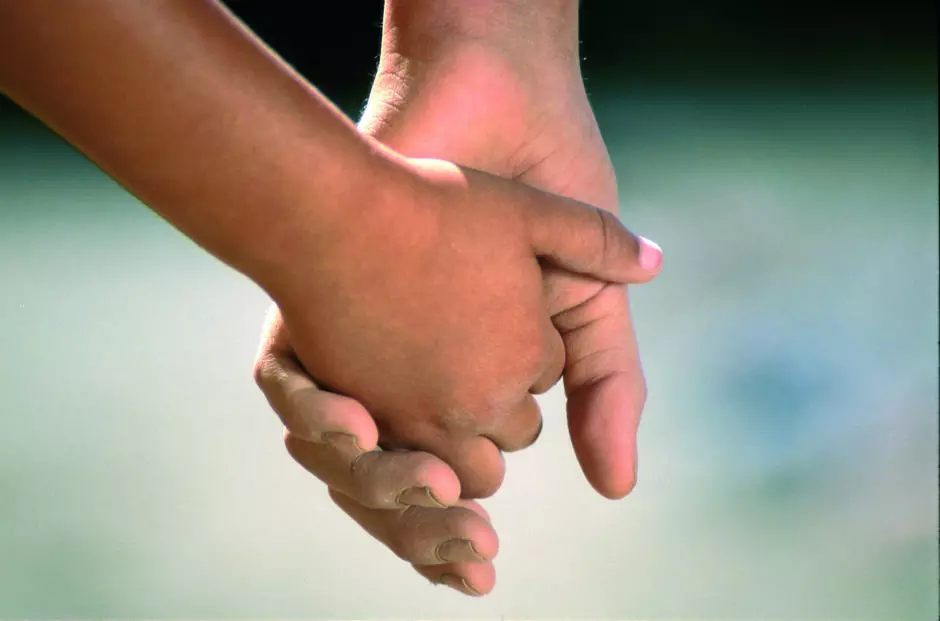
Humanitarian and Development
Place
Foundiougne, Senegal
Sponsor
Denis Maugey
Grant(s)
10 000 € to the Selection Committee at 2006/10/03
Project leader
“This project fits into an overall determination to promote communal hygiene: it is essential to improve the quality of life of the inhabitants.”
Denis Maugey
In February 2004, the communes of Martignas-sur-Jalle (33) and Foundiougne (Fatick region, in Senegal) signed a memorandum of understanding establishing their determination to cooperate. The prime contractor of the various projects which emerge from the exchanges between the inhabitants of the two cities, the association Batik Amitié Martignas-Foundiougne broached the necessary development guidelines: education, economics and social welfare, culture, etc.
In the course of 2006, one question focused a huge amount of attention: waste management.
Inducing a Change in Behavior
At Foundiougne, in fact (as in many African cities), waste treatment still involves a traditional, unconventional method. In the absence of treatment centers, “unauthorized” landfills proliferate, genuine sources of proliferation of microbial germs which imperil the health of the region.
To help Foundiougne solve this problem, Batik is rehabilitating two garbage trucks donated by a neighboring commune of Martignas-sur-Jalle (Audenge).
In addition, it plans to provide the population with garbage bins produced in Senegal, as well as carts and donkeys. After this first project, it may examine the feasibility of a technical underground disposal center.

